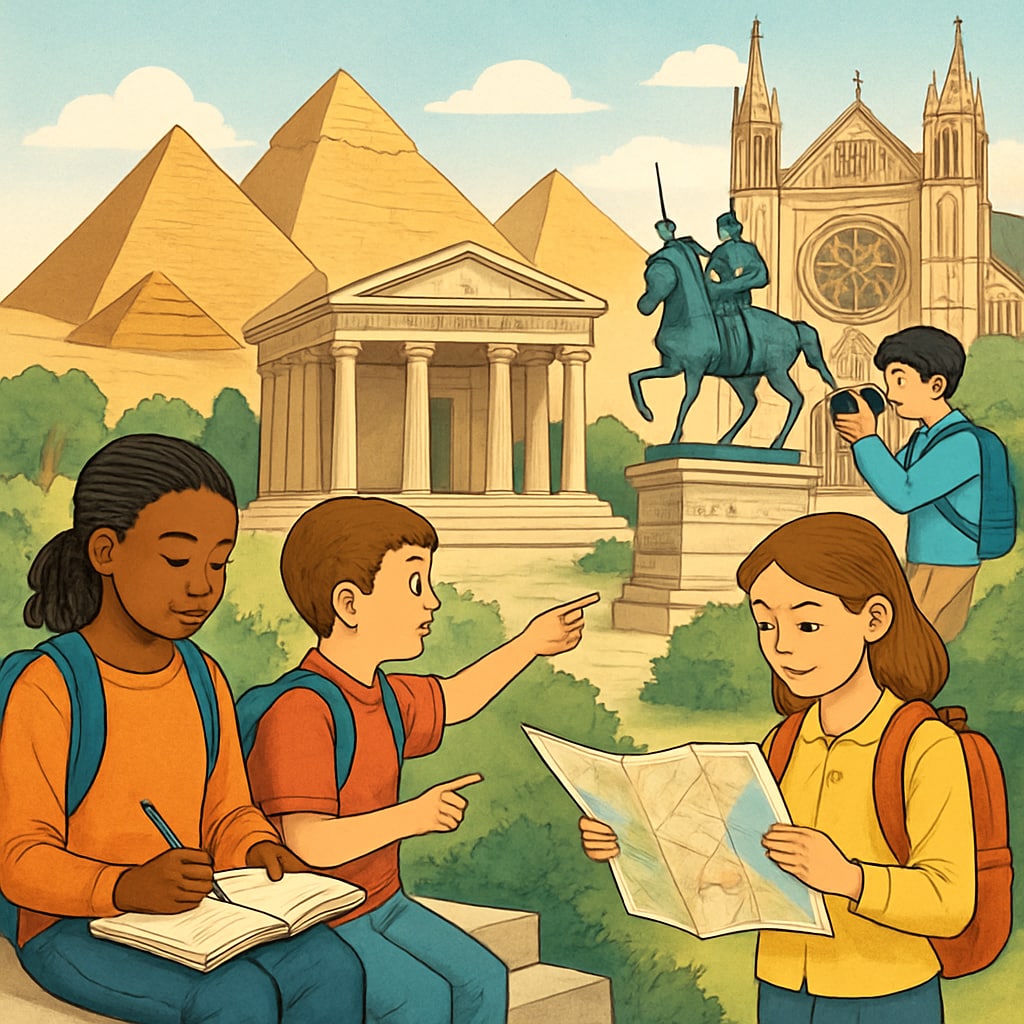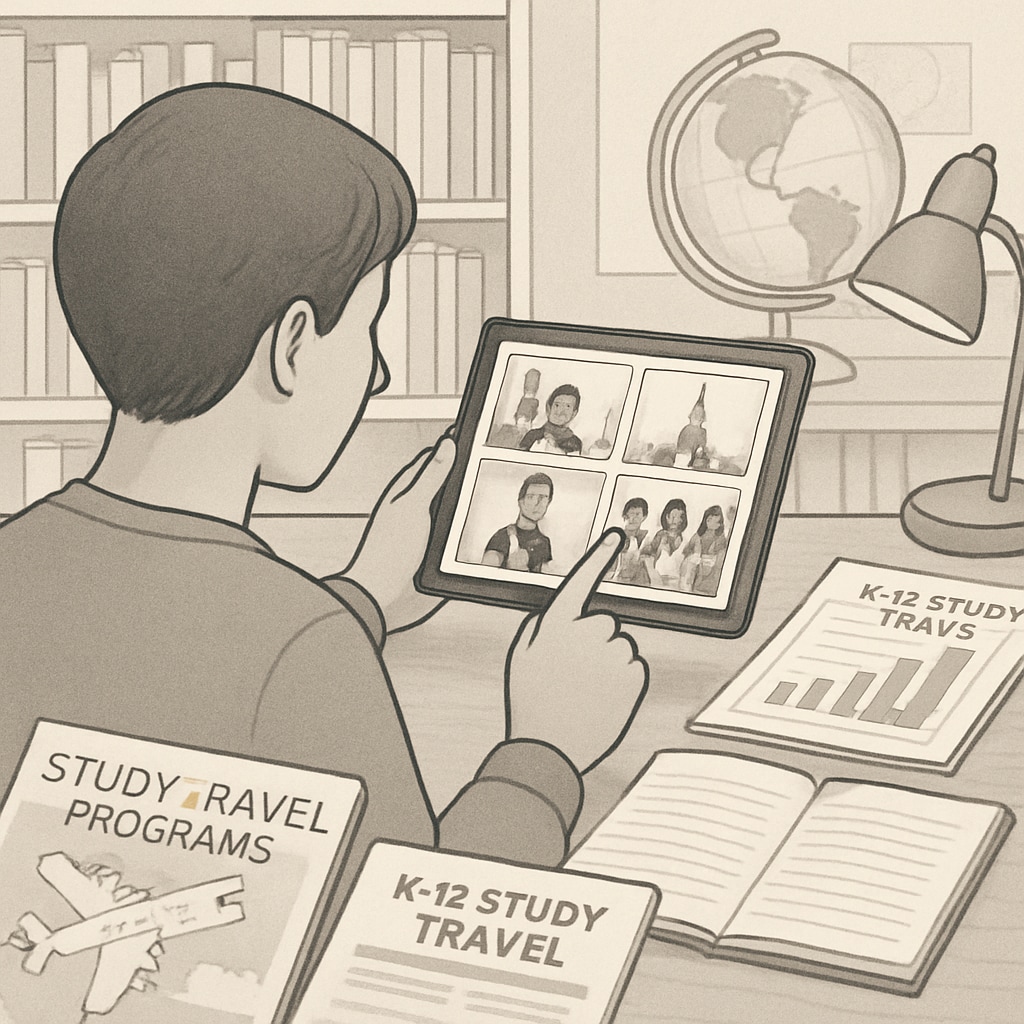Short videos are revolutionizing the way people make decisions, including travel choices. This article examines the impact of short videos on travel decision-making, focusing on K12 students’ study travel experiences as part of a Master’s thesis investigation. From shaping students’ understanding of destinations to influencing parental decisions and school selection, short video platforms like TikTok, YouTube Shorts, and Instagram Reels are becoming powerful tools in the education and travel industries.
How Short Videos Impact Travel Perceptions Among K12 Students
Short video platforms provide students with visually engaging content that can inspire curiosity about diverse destinations. For example, a 60-second video showcasing vibrant cultural festivals or wildlife exploration can capture a student’s imagination more effectively than traditional brochures or websites. These videos often present destinations in a highly relatable and vivid manner, making them appealing to young audiences.
Students are exposed to authentic experiences shared by travelers, which fosters a deeper connection to the idea of study travel. As a result, these platforms are reshaping students’ perceptions of what educational travel can look like. Educators can leverage these videos to introduce students to new places and cultures in their curriculum planning.

Parental Decision-Making in the Era of Short Videos
Parents now have access to a wealth of information about study travel opportunities through short videos. Platforms often feature testimonials from families, educators, and students, which provide insights into the benefits and experiences of educational trips. For many parents, these videos act as a visual reassurance, showing the safety, value, and educational outcomes of such trips.
Moreover, short videos can address common concerns parents may have, such as cost, supervision, and student engagement. By presenting clear and relatable content, these platforms help parents make informed decisions regarding their children’s participation in study travel programs.

Implications for Educators and Study Travel Organizers
Educators and travel organizers can harness the power of short videos to enhance their programs. By creating compelling content that highlights the educational value, safety measures, and unique features of their study travel offerings, they can effectively reach both students and parents. Here are some actionable strategies:
- Create relatable content: Use storytelling to showcase the journey of students during their study travel experiences.
- Leverage influencer partnerships: Collaborate with educators or travel influencers to present authentic testimonials.
- Optimize for discoverability: Use relevant hashtags and engaging captions to make videos more accessible and shareable.
As a result, educators can enrich classroom discussions and provide students with a preview of what to expect during trips. This approach can transform study travel into an integral part of K12 education, fostering curiosity and lifelong learning.
Challenges and Ethical Considerations
While short videos offer significant benefits, they also present challenges. For instance, over-reliance on highly curated content can lead to unrealistic expectations. Additionally, educators and parents must ensure that the videos consumed align with educational values and do not promote harmful stereotypes or misleading information.
To address these issues, it is essential to guide students and families in critically evaluating the content they encounter on these platforms. Media literacy education can play a vital role in helping users differentiate between authentic and superficial portrayals of destinations.
Conclusion: Short videos are reshaping travel decision-making in profound ways, particularly for K12 study travel. As this Master’s thesis investigation demonstrates, they influence students’ curiosity, parental choices, and educators’ strategies in promoting educational travel. By embracing this medium responsibly, educators and organizers can unlock its potential to enrich learning experiences while addressing its challenges.
Readability guidance: Use short paragraphs and lists to summarize key points. Ensure that passive voice is minimized and utilize transition words such as “however,” “therefore,” and “for example” to maintain a smooth flow. The content is designed to be accessible, informative, and engaging for readers.


